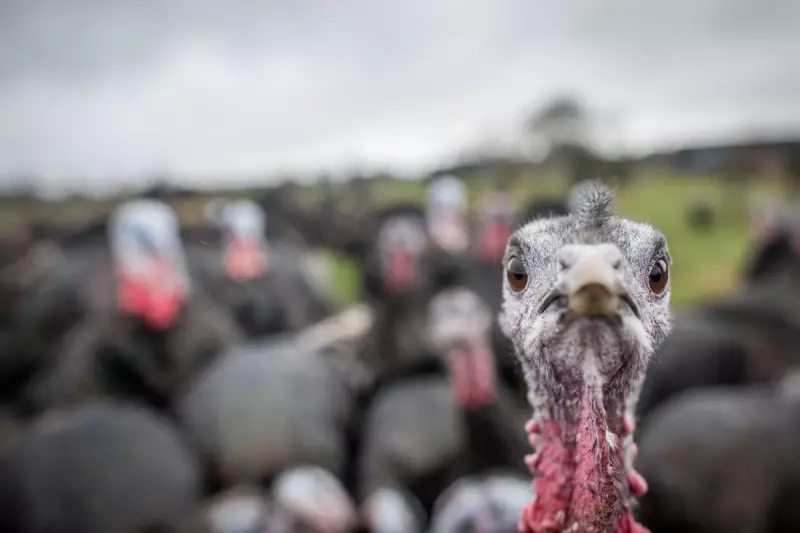
Britain's traditional Christmas dinner faces significant disruption this year as a sharp increase in avian influenza cases threatens turkey supplies across the country.
Growing Outbreak Across UK Farms
The Animal and Plant Health Agency has confirmed approximately 50 cases of the highly infectious HPAI H5N1 strain since October, marking the beginning of the 2025-2026 season. This represents a concerning escalation compared to last year's figures, though it hasn't yet reached the severity of the 2022/23 outbreak that recorded 207 cases.
Richard Griffiths, chief executive of the British Poultry Council, emphasised the seriousness of the situation, stating that certain producers have been very badly hit and describing this as a "bad season, much worse than last year."
Free-Range and Organic Birds Most Vulnerable
Industry officials report that supplies of poultry including turkeys, chickens and ducks will be particularly tight in the lead-up to the festive season. Free-range and organic birds are regarded as most vulnerable to infection due to their outdoor access and natural rearing methods.
Rachel Dobson, managing director of Lynx Purchasing, which supplies food to restaurants, pubs and hotels, told The Telegraph that the industry was facing an unusually difficult Christmas with shortages affecting supplies from both Europe and South America.
Price Rises and Supply Uncertainties
Consumers and hospitality businesses are being warned to expect significant price increases and potential supply disruptions. Some suppliers have been reluctant to commit to turkey pricing or guarantee supplies altogether.
Dobson advised that operators may receive fewer turkeys than ordered, be sent smaller birds, or face complete supply shortages. The situation has prompted the implementation of strict biosecurity measures across England, with avian influenza prevention zone housing measures enforced from 6 to 13 November.
Outbreaks have been confirmed on farms near Claydon in Suffolk, Driffield in East Riding of Yorkshire, and Milford Haven in Wales, where 3km protection zones and 10km surveillance zones were established and all affected poultry humanely culled.





